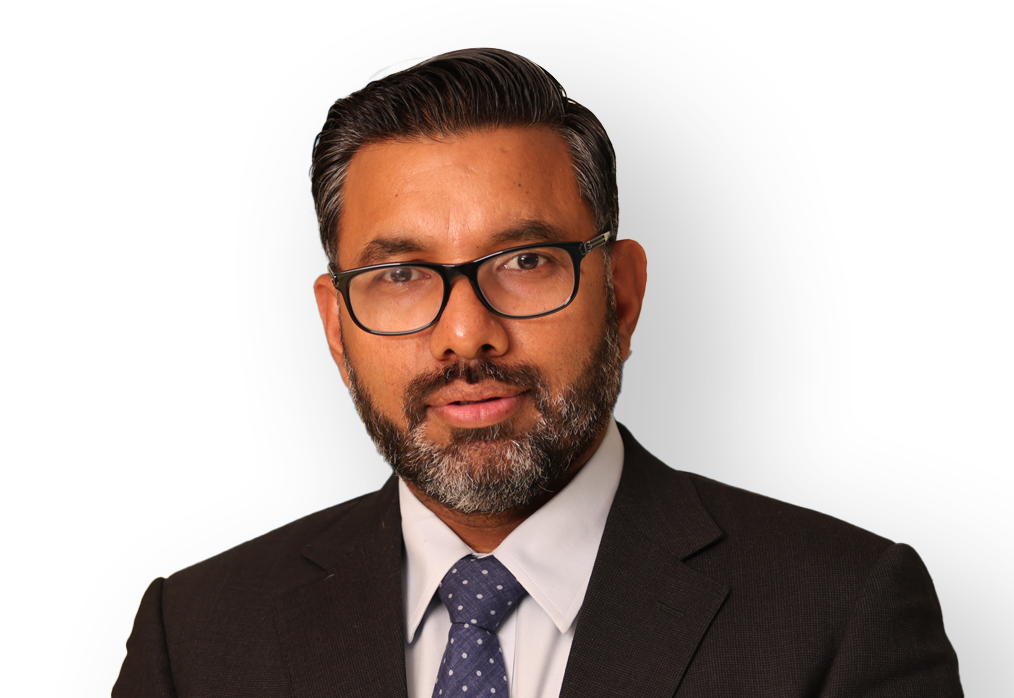Insights
Issues and challenges of group insolvency in India
January 24, 2022The Insolvency and Bankruptcy Code, 2016 was envisaged as a complete code governing all matters relating to insolvency, incorporating the best practices across jurisdictions. However, certain concepts were to be introduced in a phased manner, given their complexity. One such concept was group insolvency, evident from the observations made in a 2018 report by the Insolvency Law Committee.

India’s first tryst with group insolvency came through judicial intervention by the National Company Law Tribunal (NCLT) in the insolvency of the Videocon Group. Relying upon US precedents, the NCLT ordered the substantive consolidation of the corporate insolvency resolution process (CIRP) of 13 Videocon Group entities in light of intricately connected business. Following this, several group insolvencies have seen arguments on consolidation, successfully or otherwise, including Lavasa, KSK Mahanadi and Adel Landmarks.
Read More+
The global jurisprudence supports different frameworks to tackle the complexities of group insolvencies, ranging from procedural co-ordination (conduct of CIRP through a single insolvency professional and single administering court for administrative convenience) to substantive consolidation (treatment of the group as a single economic entity, negating the limited liability principle). The administering courts may often allow other hybrid measures within this broad spectrum.
Advantages of consolidation
The individualistic approach to CIRP of companies within a group brings inherent limitations, which consolidation can easily overcome to benefit all stakeholders in line with the objectives enshrined in the preamble of the code. In an isolated approach:
- Asymmetry of information may cause a problem in the conduct of the CIRP;
- Interconnected operations and entangled business may confuse the investors concerning the allocation of resources within the group, which might discourage investment in the absence of any sustainable or independent business model;
- There might be a waste of time and effort in identifying or understanding the dynamics of the related party transactions and, thereafter, in pursuing the inter-company or intra-group claims;
- There would be extravagant process costs and duplication of effort for each entity in piecing together information about common exposures and investments, etc;
- Resolution professionals may look to maximise the value of the companies and face friction with respect to the continuance or termination of the often onerous related-party transactions and the claims or counter-claims in respect of inter se guarantees or cross-collateralisation; and
- Co-ordination in collecting information on avoidable transactions undertaken by insiders or promoters may be difficult, to the detriment of the group creditors. Individual entities may have neither requisite information nor finances to pursue recovery from such transactions.
- All these problems can be easily resolved through an appropriate framework for consolidation of group insolvencies. While the rationale for consolidation may mostly be the cost advantages, in other cases, it may simply become necessary when separation of financial affairs of the entities is impossible.
Issues and challenges
The benefits of consolidation also come with certain issues or challenges:
- Lack of lender homogeneity (i.e., different loan profiles and security interests) creates tension in the resolution and distribution mechanism. In such cases, procedural consolidation is more desirable since it focuses on a co-ordinated CIRP without merging the group assets or liabilities;
- Mutually owed liabilities may form a reasonable part of the overall group debt, which is considered in the computation of the liquidation or fair value of each company. Given the conflicting interest of different lenders in such cases, the ordinary practice of ignoring related party debts may not be feasible;
- The extent or scale of business in a diversified group may often require the appointment of other professionals to aid the functions of the resolution professional, which may add to process cost. However, such added costs would certainly be less than the cumulative costs of running the individual CIRPs; and
- In the cases of multinational conglomerates, there might be co-ordination problems with foreign representatives, and taking custody or control of foreign assets would be difficult in the absence of a cross-border insolvency framework. In the Videocon case, the claims regarding guarantees given to the creditors of foreign subsidiaries were admitted, however their assets could not be merged, which led to a heavy mismatch between the assets and liabilities of the group.
This article was originally published in Asia Business Law Journal on 24 January 2022 Co-written by: Anoop Rawat, Partner; Ahkam Khan, Associate. Click here for original article.
Read Less-
Contributed by: Anoop Rawat, Partner; Ahkam Khan, Associate
Disclaimer
This is intended for general information purposes only. The views and opinions expressed in this article are those of the author/authors and does not necessarily reflect the views of the firm.


